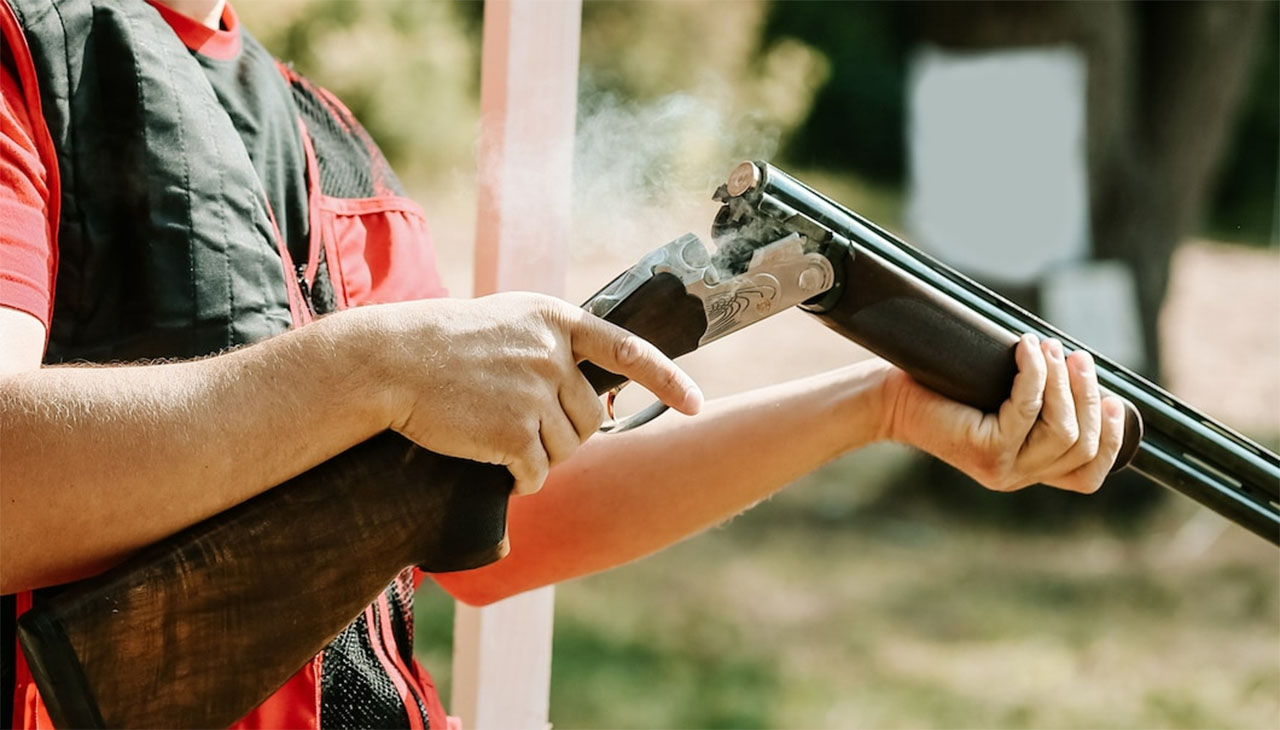
The Art and Ethics of Hunting: Balancing Tradition and Conservation
Hunting, an ancestral practice born out of necessity, has evolved over centuries into a complex issue intertwining tradition, conservation, and ethics. This practice, often steeped in cultural significance, is more than just a leisure pursuit for many. Yet, it teeters on a delicate balance between the preservation of wildlife and the sport that has, in many ways, contributed to its survival. This paper delves into this delicate balance, exploring the art and ethics of hunting in a world increasingly conscious of the delicate biodiversity that sustains us.
The ethics of hunting
Hunting is a topic that often raises ethical considerations and discussions. The ethics of hunting revolve around the principles of respect for the animal, fair chase, and the distinction between trophy hunting and subsistence hunting.
One fundamental aspect of hunting ethics is respect for the animal and its environment. This entails recognizing the inherent value of animal life and ensuring that animals are treated with compassion and dignity throughout the hunting process. Ethical hunters prioritize quick and humane kills, using appropriate hunting methods and equipment to minimize suffering.
Fair chase principles are another key component of hunting ethics. Fair chase means that hunters give animals a reasonable chance to escape and use their instincts to evade capture. This principle promotes a level playing field between hunter and prey, emphasizing the importance of skill, knowledge, and perseverance over purely mechanical or technological advantages.
A significant distinction within hunting ethics is the difference between trophy hunting and subsistence hunting. Trophy hunting involves hunting for the sole purpose of obtaining animal parts, such as antlers or hides, as a form of personal accomplishment or display. Subsistence hunting, on the other hand, involves hunting for sustenance, where the meat and other parts of the animal are utilized for survival.
The ethics of trophy hunting can be a subject of debate, as it raises questions about the motivation behind the hunt and the potential conservation implications. Some argue that well-regulated trophy hunting can contribute to conservation efforts by providing financial incentives and funding for wildlife management programs. However, critics argue that it can lead to unsustainable practices and negatively impact endangered species.
In contrast, subsistence hunting has been a long-standing cultural practice in many communities, especially in remote areas where alternative food sources may be limited. Subsistence hunters rely on hunting for their survival, and their practices often have a strong connection to traditional and cultural heritage.
Overall, the ethics of hunting require careful consideration of the relationship between humans and the natural world. It necessitates balancing the rights and welfare of animals with the cultural, historical, and environmental dimensions of hunting. By adhering to principles of respect, and fair chase, and considering the broader conservation implications, ethical hunters can contribute to the sustainable management and preservation of wildlife populations.
Conservation and hunting
Conservation and hunting are often portrayed as conflicting interests, yet there is a nuanced relationship between the two. From a conservation perspective, regulated hunting can play a vital role in maintaining biodiversity and ecological balance. When done responsibly and under stringent regulations, hunting can help control certain animal populations, preventing them from reaching levels that could disrupt ecosystems. Moreover, hunting can act as a deterrent against poaching, providing a controlled and legal alternative that can contribute to the protection of endangered species. However, the key lies in maintaining a careful balance, ensuring hunting practices are truly sustainable and contribute to conservation rather than detract from it. This issue, yet another facet of the complex relationship between hunting and conservation, further illustrates the need for a thoughtful and informed approach to this age-old practice.
Balancing tradition and conservation
Respecting tradition while simultaneously prioritizing conservation is a challenging endeavor in the realm of hunting. Many indigenous and rural communities, for whom hunting is deeply entrenched in their cultural heritage, depend on it both for sustenance and as an integral part of their identity. Nevertheless, such traditions must evolve in tandem with modern conservation goals. It’s possible to achieve this balance through strict regulation, education, and community engagement. Regulations should enforce sustainable hunting practices, while education can instill a deeper understanding of ecosystems and the vital role of each species within them. Moreover, involving local communities in conservation efforts can preserve cultural traditions while also promoting the sustainable use of resources. A delicate balance is indeed possible, where hunting traditions are preserved, and biodiversity is protected. Only through a collective and informed approach can we ensure that the art of hunting progresses ethically and sustainably.
Conclusion
The multifaceted issue of hunting, steeped in tradition and tied intricately to conservation efforts, necessitates an informed, balanced, and respectful approach. While hunting has its detractors, it’s important to recognize its potential benefits in terms of biodiversity and ecological balance. However, these benefits can only be realized through careful regulation, education, and community engagement, ensuring that the practice is conducted responsibly and sustainably. Hunting, as both an art and an ethical practice, can coexist with modern conservation goals, but only if we navigate this complex issue thoughtfully, respectfully, and collectively. As we move forward, we must strive to strike a balance where tradition, ethics, and conservation converge, fostering a future where both cultural heritage and biodiversity can thrive.
